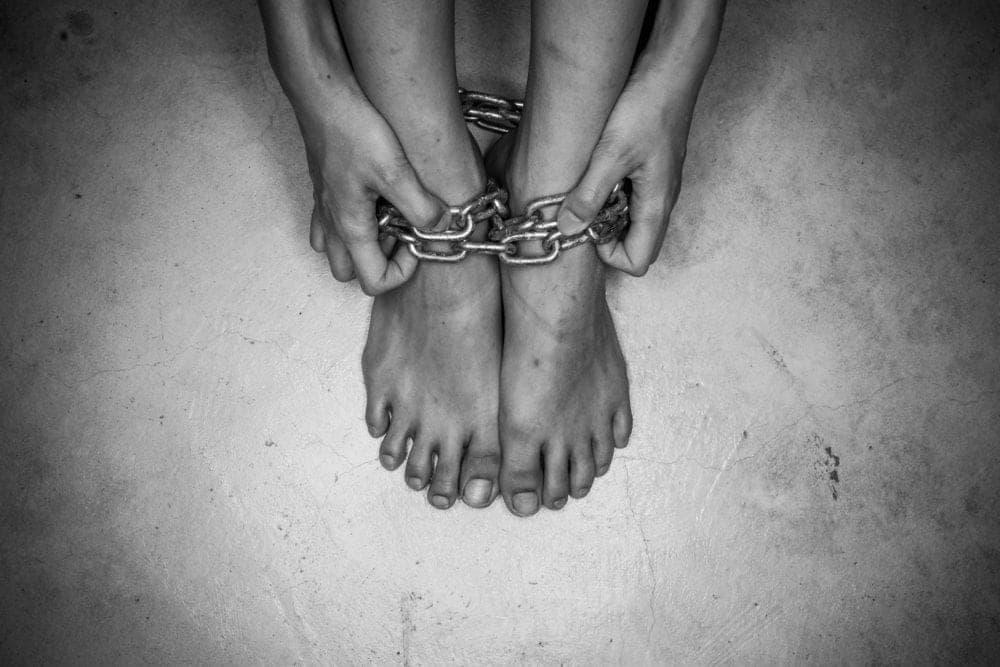False Imprisonment Charge in Wisconsin
- Our Location
Madison, WI
- Free Consultations
(608) 204-5807
False Imprisonment Attorneys in Madison, WI
False Imprisonment in Wisconsin
Intentionally confining or restraining someone without their consent, knowing you lack the legal right, could lead you to face false imprisonment charges under Wisconsin Statute § 940.30. This is considered a felony in Wisconsin, carrying grave implications. The consequences of a felony conviction are severe and far-reaching, making it crucial to consult with a criminal defense lawyer if you or someone close to you is accused of false imprisonment. A skilled criminal defense lawyer understands precisely what the state must prove and the best strategies to counter these claims. DK Anderson, S.C. has a strong track record in defending against false imprisonment accusations, providing the robust defense you need.

Facing False Imprisonment Charges in Wisconsin? DK Anderson, S.C. Can Defend Your Rights
DK Anderson, S.C. has a strong track record of successfully defending against a wide array of felony charges, including false imprisonment. Our experience in managing and achieving the outcomes our clients anticipate in cases of felony false imprisonment stands as a testament to our legal acumen. Our comprehensive understanding of the law, coupled with our commitment to zealous advocacy, enables us to secure these favorable results. If you’re facing false imprisonment charges in Wisconsin, we’re here to offer the help you need.
Call Us 24/7
Request Your Free Consultation




Madison, WI False Imprisonment Defense Attorneys
What the State must prove to convict you of False Imprisonment in Wisconsin
The state must prove five separate elements beyond a reasonable doubt in order to convict you of false imprisonment. Those elements are as follows:
- That you confined or restrained another individual;
- You confined or restrained that individual intentionally;
- The individual was confined or restrained without his or her consent;
- You had no lawful authority to confine or restrain that individual; and
- you knew the individual did not consent and knew that you did not have lawful authority to confine or restrain the individual.
Being restrained or confined means that the individual’s freedom of movement was taken away. In addition, he or she was forced to remain where they did not want to remain. Physical force is not required, neither is being locked up. However, the individual is not considered confined or restrained if they could have escaped or taken reasonable action to avoid it.
Can I restrain someone from hurting my family or taking my property?
Yes, in certain situations you can. Recognized defenses such as self defense and defense of property are available to you according to Wisconsin law. Additionally, if you are accused of False Imprisonment with your child as the alleged victim, you may have a defense. To a certain extent you have the authority to discipline your child. Wisconsin law recognizes this authority in parent child relationships.
Our Practice Areas
Drunk Driving
Whether you are charged with a first offense, or a fifth offense, our Wisconsin OWI attorneys can help.
Violent Crimes
A conviction for any one of Wisconsin's violent crimes will have significant consequences.
Drug Charges
Our Wisconsin Drug charge attorneys know the law and how to apply that law in the court room.
Domestic Violence
A conviction for a domestic violence charge in Wisconsin has additional consequences.
Property Crimes
Wisconsin property crimes include theft, forgery, and criminal damage to property.
Sex Offenses
Not much will change your life like a conviction for one of Wisconsin's sex offense charges.
Traffic Citations
Although less serious than a criminal charge, a traffic citation can effect your driver's license.
